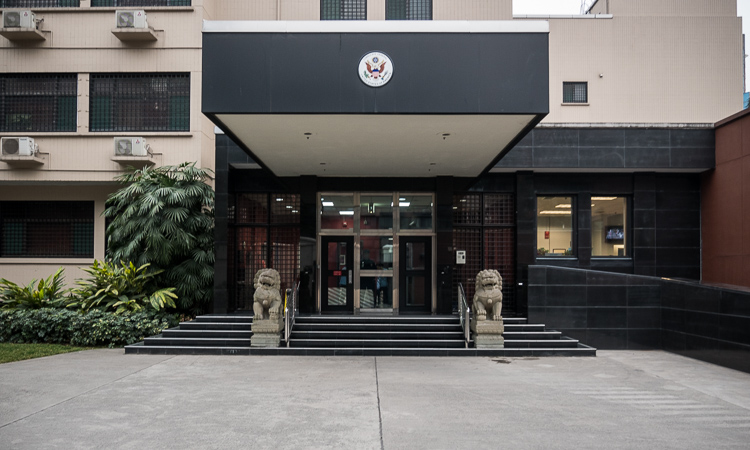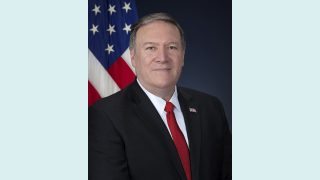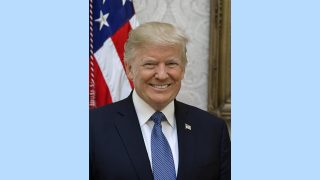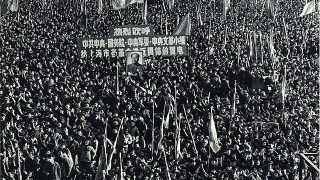
China has ordered the closure of the U.S. Consulate in Chengdu in retaliation for the U.S. decision to close China’s consulate in Houston, Texas, by Friday.
There are also calls in Chinese media and in a Twitter poll for Beijing to “punch harder” by shutting the U.S. Consulate in Hong Kong as U.S. President Donald Trump hints at closing more Chinese consulates in the U.S.
Two analysts who spoke to VOA say that if the reciprocal closings escalate, the U.S.-China relationship will be on a downward spiral, with the worst yet to come.
A new Cold War
“It is an escalation (of diplomatic tensions). And it is a new cold war that’s been launched step by step by the U.S. and China,” said Sang Pu, a political commentator in Hong Kong.
“U.S.-China relations have been hitting all-time lows since the [coronavirus] pandemic started or, in particular, Hong Kong’s national security law took effect,” Shi Yinhong, an international relations professor at Beijing’s Renmin University, told VOA.
“There are still four months ahead of the U.S. presidential election and six months before the next administration takes office in the White House. During that period of time, Trump will no doubt make many other moves to worsen the relationship between both countries,” the professor projected.
Election gambit
Shi believes the Houston consulate shutdown is not only designed to provoke China, but a gambit by Trump to turn around his polling decline.
He said China finds accusations made by the U.S. State Department groundless — although the Trump administration said the closure of the Houston consulate was fully justifiable.
David Stilwell, who overseas policy for East Asia and the Pacific at the State Department, told The New York Times on Wednesday that the Houston consulate had a history of engaging in “subversive behavior” and was the epicenter of research theft in the U.S.
He said Consul General Cai Wei and two other Chinese diplomats were caught using false identification to escort Chinese travelers on May 31 to the gate area of a charter flight from a Houston airport.
Espionage and scientific thefts
Stilwell added that some of China’s attempted scientific thefts in the U.S. had accelerated in the past six months and could be related to efforts to develop a vaccine for the coronavirus, according to the Times.
In response, Cai denied the claim in an interview with KTRK-TV in Houston. “Where is the evidence?” he asked. He called the U.S. official a liar.
Cold War-style confrontations
The U.S. has repeatedly clashed with China over trade and intellectual property issues, which Sang in Hong Kong said will not easily end because cold war-style confrontations between the two countries keep emerging.
There is speculation the U.S. may next shut down China’s consulate in San Francisco, California, because a Chinese researcher, charged by the FBI for concealing her ties with the Chinese military, has taken refuge inside the facility.
Chinese foreign ministry spokesperson Wang Wenbin told a regular media briefing that China’s Houston consulate has done positive work in the past 40 years, saying “the U.S. claimed that China’s Consulate in Houston was engaged in activities incompatible with its status, which is completely malicious slander.”
He added the consulate shutdown “severely damages the U.S.-China relations and is breaking down the friendship bridge between both sides.”
The CCP’s dissolution
Investors in China and Hong Kong are worried the consulate shutdowns could lead to the U.S. cutting official ties with Beijing or an eventual disconnect between the U.S. and Chinese economies, according to Liao Qun, chief economist at China CITIC Bank International Ltd.
The level of uncertainty is spelling bad news for investment, he said.
If tensions escalate, “capitals may exit Hong Kong and China. In addition, the global trade will be hugely affected. If the U.S. cuts ties with China, their phase-one trade pact will be nullified, which will de-stabilize the (global) trade dynamics. So, it all depends on what comes next,” Liao said.
Source: VOA


